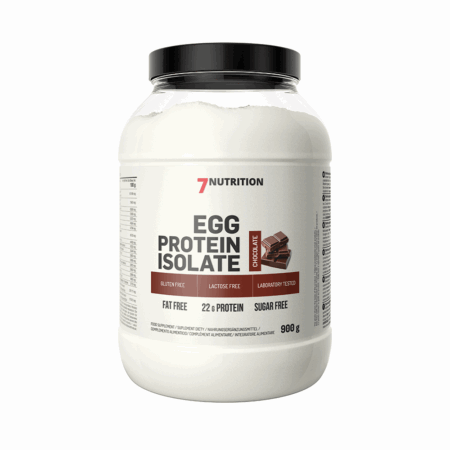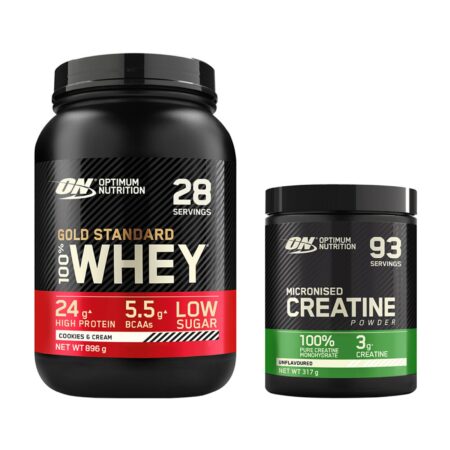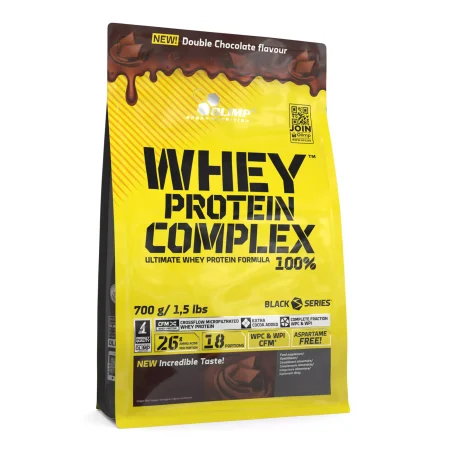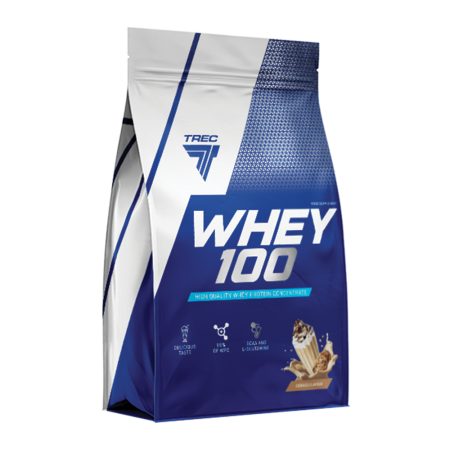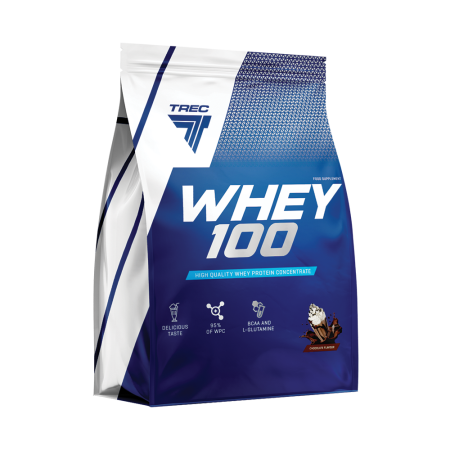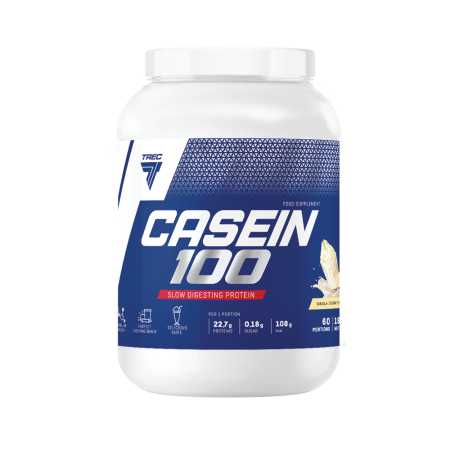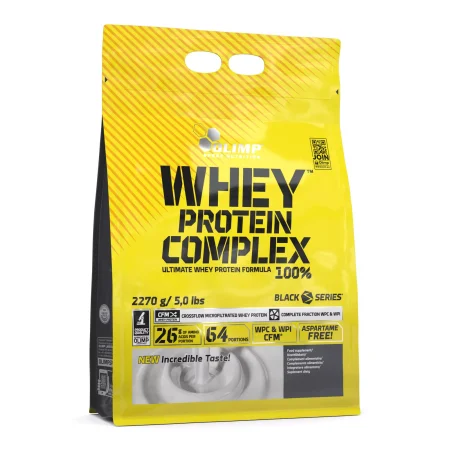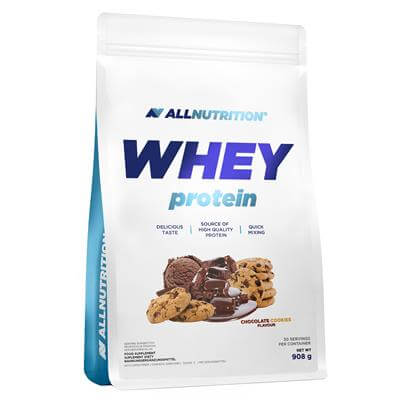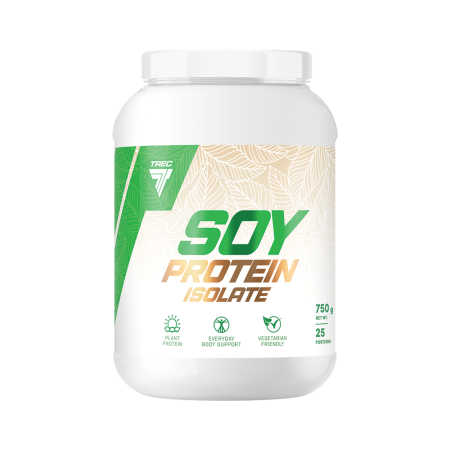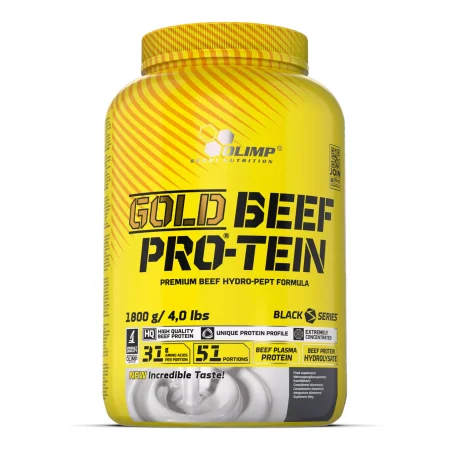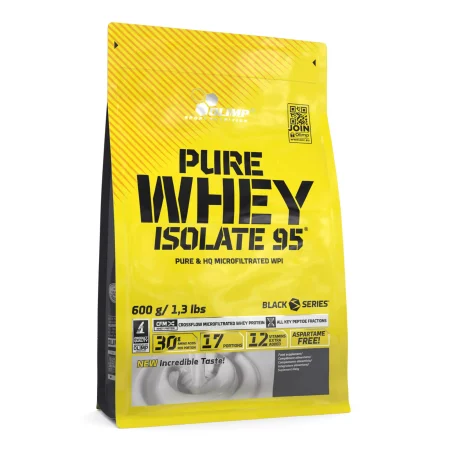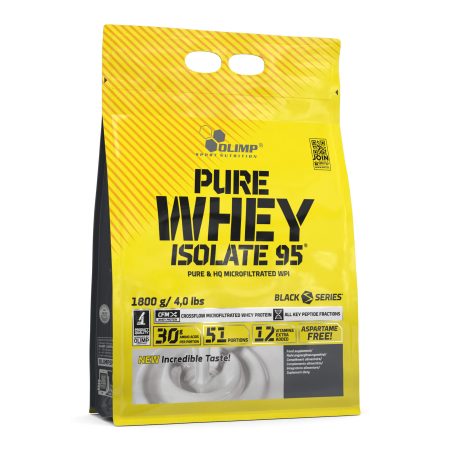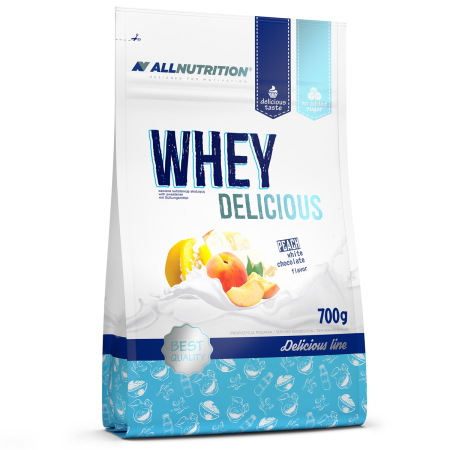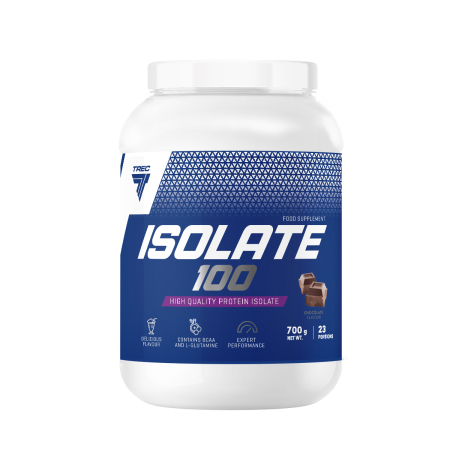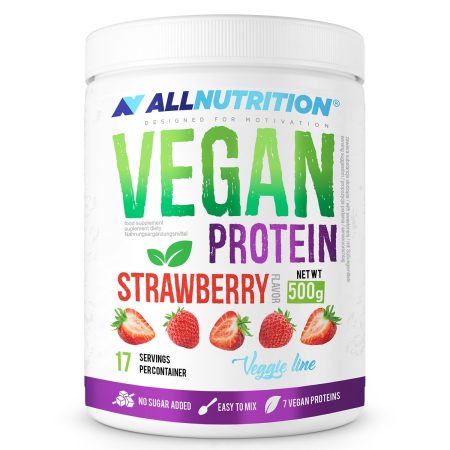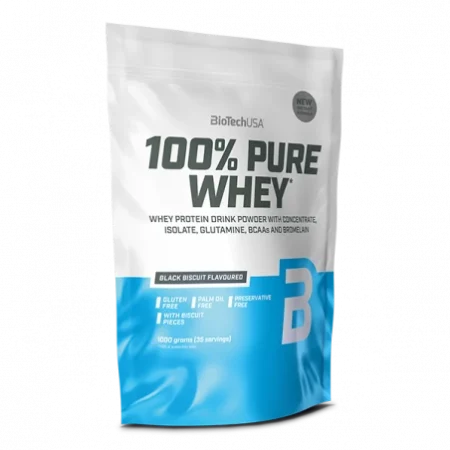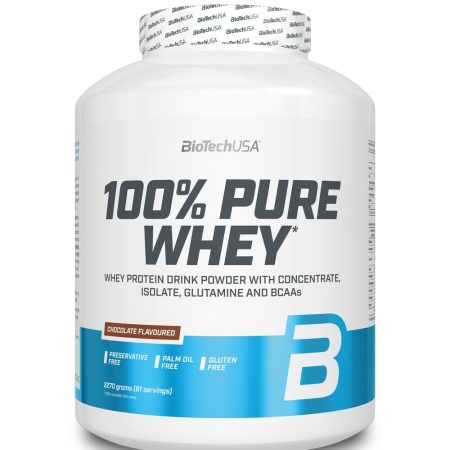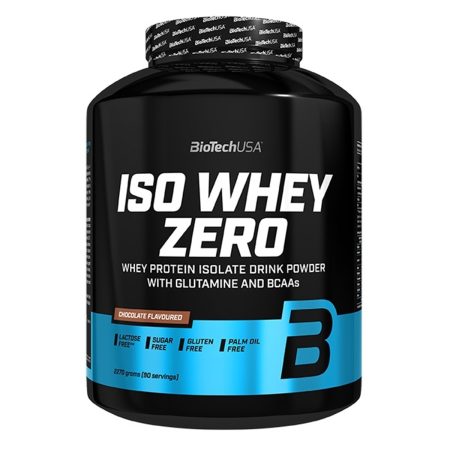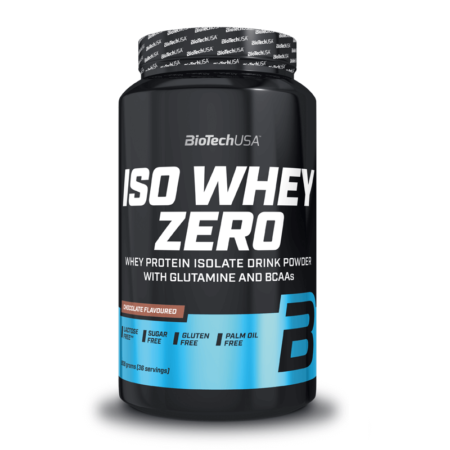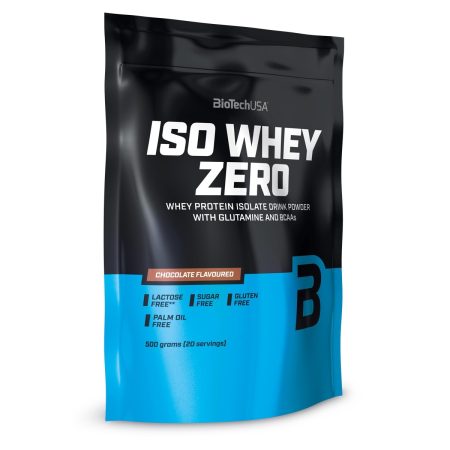Protein supplements – not just for athletes
People who are physically active, working towards the muscular physique of their dreams and eating healthily are aware of the important role protein plays in a daily balanced diet. It is an essential muscle building block that contributes to the growth and maintenance of muscle mass.
Protein can be supplied to the body through a balanced diet or through the increasingly popular protein supplements. Today, protein supplements are among the most commonly used supplements. Their broad application means that they are used not only to build muscle mass, but also during weight loss, during convalescence or as a supplement to the daily diet.
Protein supplements – when were they developed?
Modern protein supplements are a 20th century invention, although the properties of whey itself have been known since around 420 BC – its beneficial effects on human health were mentioned by Hippocrates, among others. Initially, whey products with a very high protein content (80 per cent) and a low fat content were used for clinical treatment, and from 1991 formulations for athletes appeared. The demand for protein proved to be so great that new methods of obtaining highly concentrated protein nutrients began to be developed, introducing products with high quality, good taste and solubility.
Protein supplements – types
Protein supplements are a solution that can be used not only by athletes, but also by people struggling with nutritional problems, convalescents or people who have undergone surgery. The main types of protein supplements are whey protein and casein protein.
Whey protein
Whey protein contains an average of 80% pure protein. It is easily digested and rapidly absorbed. Whey protein is the most popular type of protein – it helps increase muscle mass while reducing body fat.
Whey protein contains valuable amino acids, which contribute to faster muscle recovery after training. This protein can be consumed both before and immediately after training.
Whey protein is divided into types:
- whey protein concentrate
Contains between 65 and 80% pure protein. Compared to other proteins, it contains a higher proportion of carbohydrates and fats. In addition, it may contain small amounts of lactose. Concentrate is recommended for athletes and people at various levels.
- whey protein hydrolysate
This is the best absorbed protein supplement. It contains between 90 and 100% pure protein. It is ideal for consumption after training. Whey protein hydrolysate is suitable for performance athletes with lactose intolerance, and has excellent solubility and best absorption.
- whey protein isolate
This is a highly purified protein concentrate. It contains between 85 and 90% protein. Whey protein isolate has no sugars or fat in its composition. It can be used successfully as a post-workout source of protein and is highly rated by people with lactose intolerance. Isolates should be used by professional athletes.
- Casein
Casein is the most important protein found in milk. Casein protein is rich in calcium, so it is beneficial for bone health and also for fat loss. Long-term absorption means that casein can have an appetite-lowering effect. The digestive components of the protein are released approximately seven hours after ingestion, so this protein is an excellent addition to meals eaten before bed.
Are protein supplements healthy?
Protein supplements have many benefits, including:
- they promote muscle tissue growth,
- regenerate fibres,
- support weight loss,
- enhance strength and power during exercise,
- effectively improve physical performance and cardiometabolic health in obese individuals.
Intake of nutritional supplements in quantities unsuitable for individual needs may lead to dangerous consequences, i.e. disturbances of bone and calcium homeostasis, kidney function or liver function. Therefore, protein intake should first and foremost be tailored to the individual needs of each person.
Showing 1–24 of 47 results

